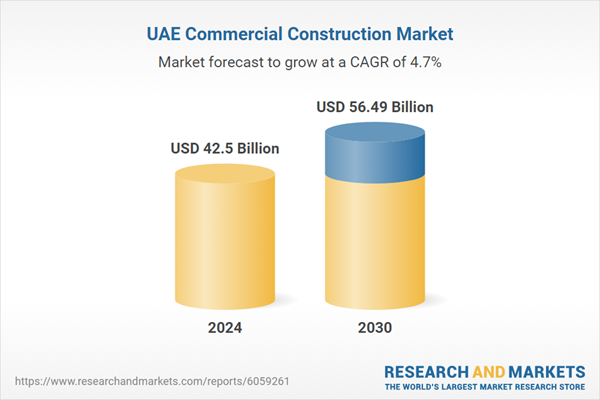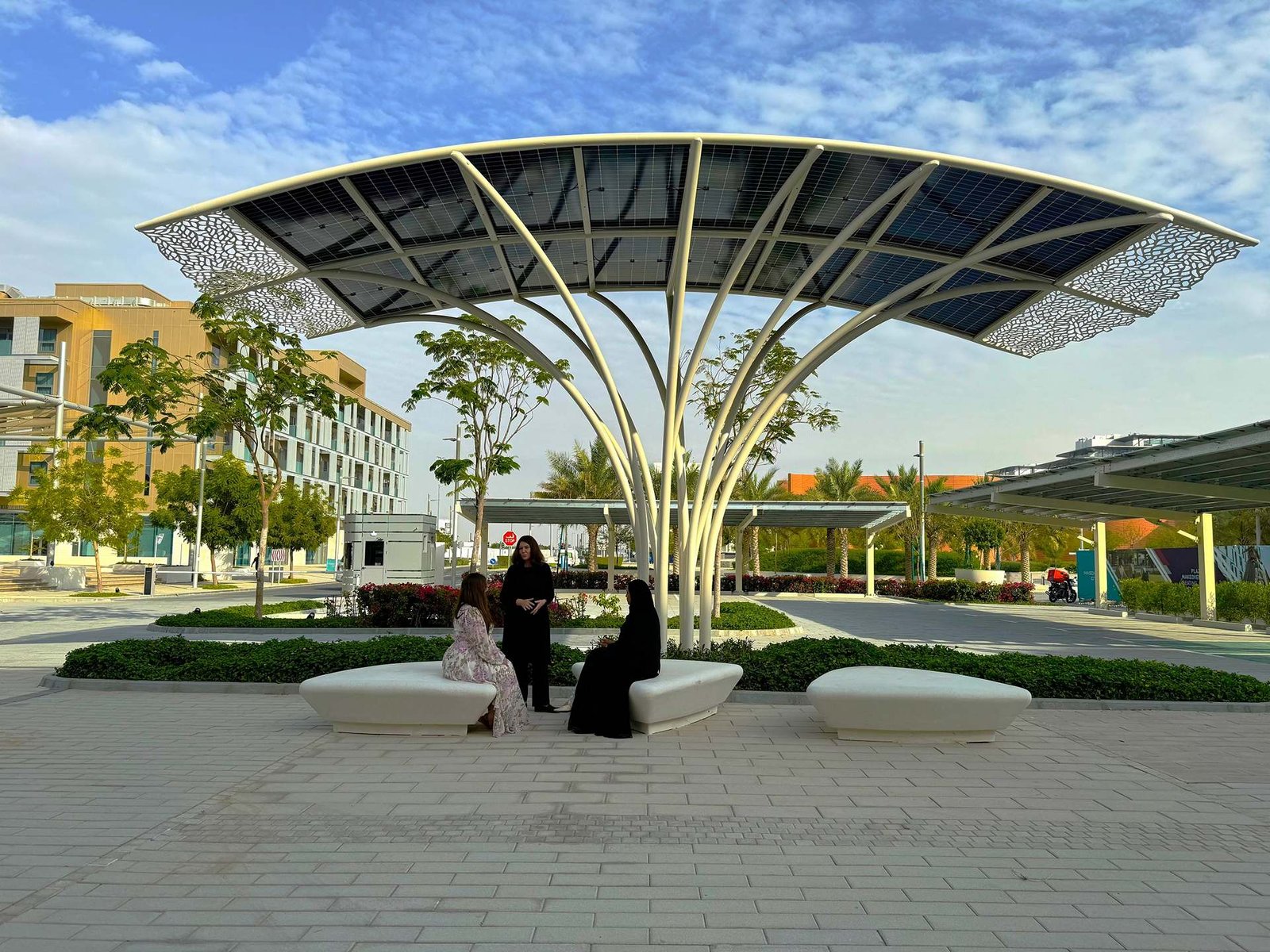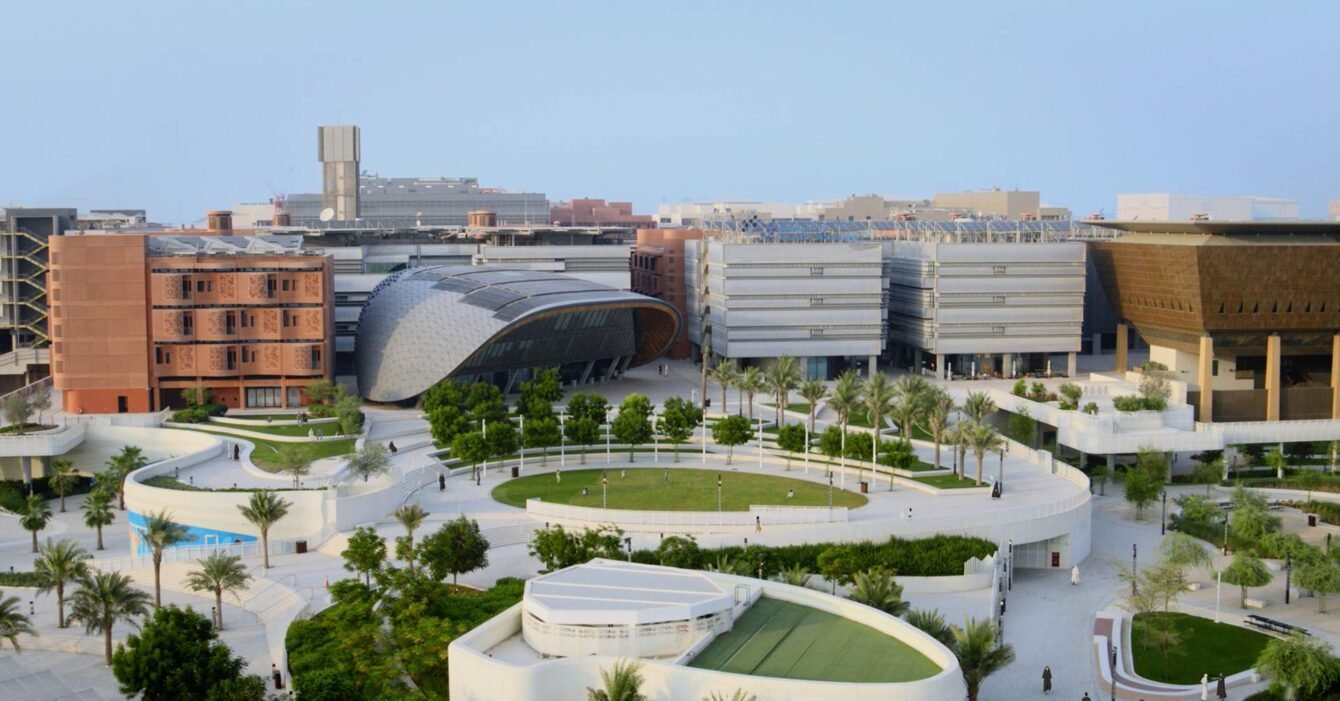UAE Commercial Construction: Market Overview, Challenges, and Future Growth
The UAE commercial construction sector continues to expand, supported by economic diversification, urbanization, and foreign investments. Valued at USD 42.5 billion in 2024, it is projected to reach USD 56.49 billion by 2030, reflecting a CAGR of 4.7%. This growth is driven by key factors such as government-led infrastructure projects, smart city initiatives, and sustainability-focused construction. As demand for commercial properties—offices, retail outlets, and hospitality venues—rises, the UAE’s construction industry plays a crucial role in shaping modern business environments.

Key Drivers of Growth
Urbanization and Population Growth
Urban expansion is a major force behind the UAE’s commercial construction boom. As of 2023, 86% of UAE residents live in major cities such as Dubai, Abu Dhabi, and Sharjah, where commercial infrastructure is essential for economic activity. The UAE’s population growth, fueled by natural expansion and expatriate migration, has created a surge in demand for workspaces, shopping centers, and hotels.
Dubai alone is expected to surpass 4 million residents by 2025, necessitating large-scale development projects like mixed-use commercial buildings, entertainment hubs, and retail destinations. Government-backed initiatives such as Dubai Creek Harbour aim to integrate residential and commercial spaces, supporting both business growth and consumer demand.
Government Investments and Economic Diversification
As part of Vision 2030, the UAE government has implemented policies to boost construction, smart cities, and commercial real estate investments. Some of the key infrastructure projects include:
- Expansion of business districts in Abu Dhabi and Dubai.
- Development of transport networks to enhance commercial connectivity.
- Construction of innovation hubs that attract international companies and investors.
These initiatives strengthen the UAE’s economic diversification strategy, helping businesses establish long-term operations within the country’s commercial hotspots. Additionally, major events like Expo 2020 Dubai have significantly increased demand for state-of-the-art commercial facilities, reinforcing the need for continued construction investments.
Foreign Direct Investment (FDI) and Business-Friendly Policies
The UAE has consistently ranked as a top global destination for business and investment, with policies that encourage foreign companies to establish operations in the region. This has led to:
- Increased demand for premium office spaces in Dubai, Abu Dhabi, and Sharjah.
- A rise in retail and hospitality infrastructure, supporting the thriving tourism sector.
- Expansion of business parks and industrial zones to accommodate diverse sectors.
With the UAE positioning itself as a global business hub, commercial construction will remain a pillar of economic growth in the coming years.
Challenges Facing the Market
Rising Construction Costs
The cost of commercial construction has steadily increased due to inflation, global supply chain disruptions, and high demand for raw materials. Essential building resources like steel, cement, aluminum, and glass have seen price hikes, affecting project feasibility and profitability. Developers must explore efficient construction techniques to manage costs without sacrificing quality.
Additionally, labor shortages, particularly for skilled workers, have pushed wages higher, further contributing to the challenge of maintaining affordability in large-scale projects.
Resource Competition and Project Delays
The rising number of commercial projects in Dubai and Abu Dhabi has intensified competition for materials and workforce, leading to potential delays in construction timelines. Developers must streamline procurement strategies and focus on cost-effective solutions to ensure timely completion.
Emerging Market Trends
Sustainability and Green Building Practices
Environmental consciousness is shaping the future of UAE commercial construction. With sustainability becoming a priority, developers are implementing eco-friendly designs aligned with LEED and Estidama certification standards.
Key sustainability trends include:
- Adoption of energy-efficient lighting and solar-powered systems.
- Integration of water-saving technologies in commercial buildings.
- Use of recyclable materials and low-carbon construction techniques.
Smart cities like Masdar City in Abu Dhabi and Dubai Sustainable City exemplify the UAE’s shift towards green building practices.

Smart Infrastructure and High-Tech Integration
Digital transformation is playing a key role in commercial real estate development. Businesses now demand intelligent workspaces, and developers are incorporating cutting-edge technology into new projects. Trends include:
- AI-powered building management systems.
- Automated security and energy-saving solutions.
- IoT-enabled commercial spaces that enhance efficiency.
These advancements improve building sustainability, operational costs, and tenant convenience, making high-tech commercial spaces the new industry standard.
Future Outlook and Investment Prospects
The UAE commercial construction market is positioned for continued expansion, with investments projected to exceed USD 56 billion by 2030. Developers focusing on sustainability, innovation, and business-friendly infrastructure will gain a competitive edge.
The future of UAE commercial construction will be defined by:
- Rapid urban development, necessitating new commercial spaces.
- Smart cities, incorporating high-tech and sustainable building solutions.
- Foreign investments, fueling real estate and commercial growth.
As the UAE adapts to evolving business trends, its construction industry will remain one of the most dynamic and lucrative sectors, offering unparalleled opportunities for investors.
Also Read: Thriving in the UAE: Introduction to the Business Environment and Market Trends

